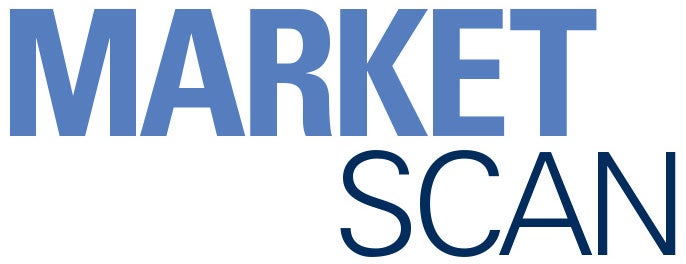

Alphabet Is Tackling Far More Than the ABCs of Health
 Google and its Alphabet and Verily units that are targeting health care certainly aren’t thinking small. Here are several ambitious health care projects that the companies are undertaking, based on a recent CNBC report.
Google and its Alphabet and Verily units that are targeting health care certainly aren’t thinking small. Here are several ambitious health care projects that the companies are undertaking, based on a recent CNBC report.
Predicting Medical Events
One of several machine-learning projects underway at Google Brain, the parent company’s research group, involves predicting future medical events based on a massive store of clinical data provided by San Francisco-area hospitals. Its computers might soon be able to determine whether patients are at higher risk of a life-threatening condition like sepsis or are at higher risk for readmission. Another product that Google has been working on for years, an app called Streams, is designed to help doctors identify early signs of kidney failure and other ailments.
Determining What’s Normal
Verily’s Project Baseline, in partnership with Stanford Medicine and Duke University, is collecting data from 10,000 people over four years and analyzes the information using modern technologies. One key benefit of the longitudinal studies is that physicians will have a better idea of what “normal” patient health looks like. A deeper understanding of “normal” health could help clinicians better understand what’s not normal disease.
Smart Utensils
After acquiring Lift Labs in 2014, Verily began to develop technology for people with movement disorders to help them eat independently. The Liftware spoon incorporates sensors on both sides of the handle so that the utensil stabilizes even if the user’s hand moves around or experiences tremors. With starter kits costing about $200, the utensil reportedly reduces shaking from the human hand by 70 percent.



